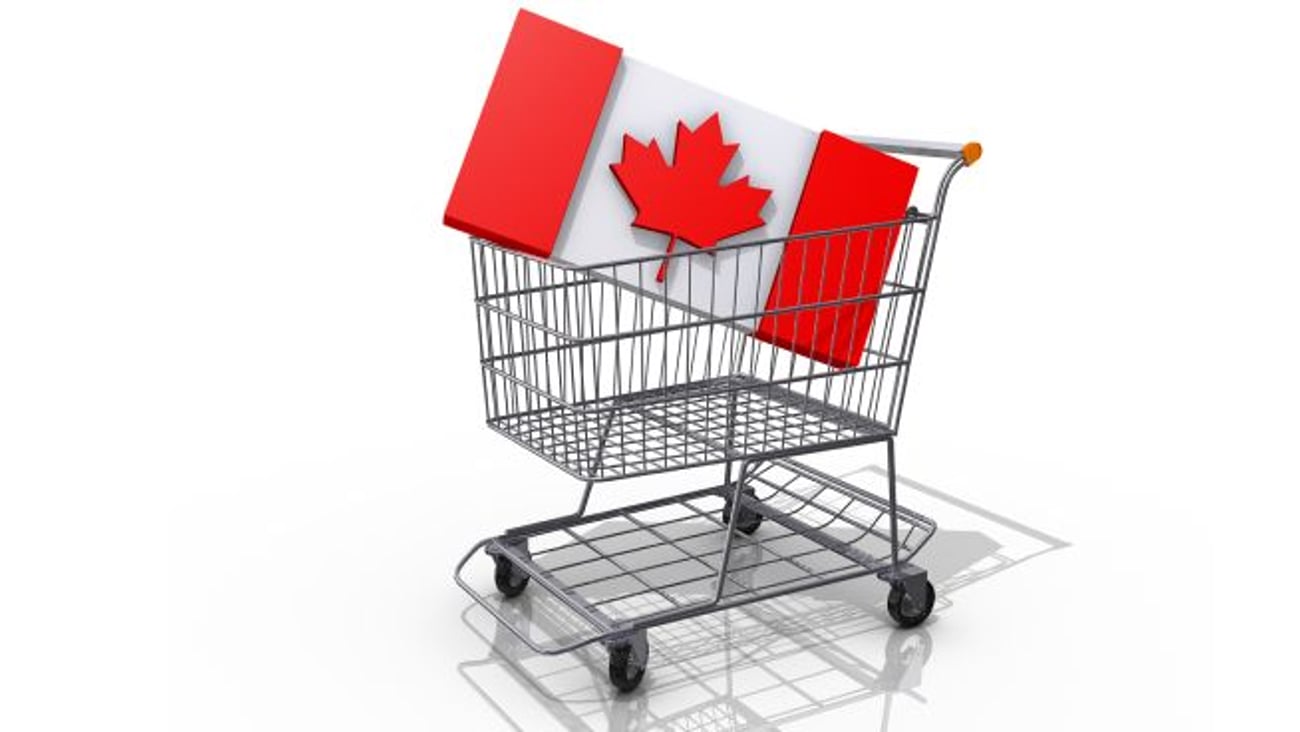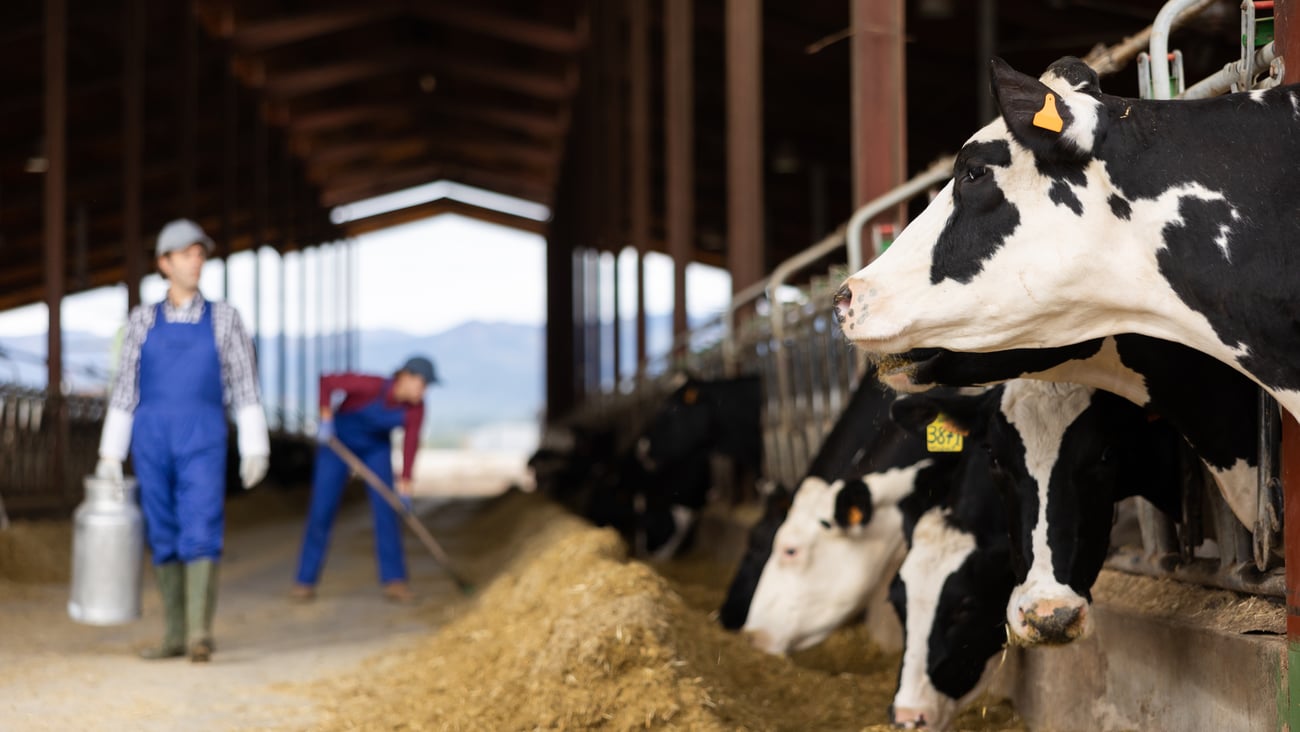COVID-19 is a hard lesson on supply chains
Arguably, Canadians have never heard more about supply chains than during the COVID-19 pandemic. Discussions about logistics and how food gets to restaurants, grocery stores and kitchens abound. Canadians are genuinely interested in supply chains and are commending those involved in making our food systems work. Outstanding.
But the journey hasn’t been perfect. Empty shelves, lineups and long wait times for online orders have made some people nervous. As such, B.C. recently gave itself the authority to take over supply chains for delivering essential goods and services throughout the province. In other words, the province believes it can do a better job at logistics than companies such as Costco, Amazon and Walmart. This could become a problem for Canada’s food security if little or no oversight is provided.
Since the beginning of this crisis, those in public and private sectors have acknowledged these are unprecedented times. Governments have taken steps to manage public health risks the best they can and, for the most part, their work has been amazing. But supply chains are not something bureaucrats are qualified to fully understand, especially nowadays. When someone is not involved with the mechanics of supply chains daily, blind spots can be overwhelming for the uneducated eye. Given the current climate, most of those in government are inundated with the complex challenges caused by COVID-19. Thus, governments barely have capacity to take on the supply chains.
Regardless, B.C.’s move is not surprising. Empty shelves likely prompted the province to move on this issue. Many experts claim panic-buying and hoarding occurred largely due to the psychological effect of watching the world deal with a pandemic. Unusual sights of empty shelves, lineups and masks on people’s faces prompted many to fear the worst-- believing the country was running out of food and products. Also contributing to this massive hysteria of hoarding food is the fact that most Canadians have lost the art of food and menu planning. An era during which convenience dictates most facets of our daily lives, most Canadians have no idea how to plan for food. Most mornings, many Canadians have no clue what they will be eating for dinner that evening, let alone over the course of one or two weeks. The inability for many to appreciate what two weeks’ worth of food looks like will influence behaviour in a grocery store, especially in times of crisis.
But, Canadians are slowly learning. Consumers are walking into a grocery store with an accurate self-awareness of discipline-centric buying and civic responsibility. So, the worse is likely behind us. But a province opting to control supply chains will raise concerns about local patchwork or competing government-controlled supply chains. Some supply chains are already public, which can lead to conflicting priorities. What also needs to be recognized is that few goods flow simply within a provincial topography. National, and most desirably, international coordination is critical. For B.C. to unilaterally move forward with such a policy can be detrimental to the true optimization of supply chains and could set a terrible precedent.
Alberta, Ontario and Quebec could be next. A case can be made for medical equipment and sanitary products, but food distribution requires the private sector to play a central role in creating a sound equilibrium between supply and demand. If all provinces and states opt to do the same thing, national and international coordination is possible but will require the support and expertise of the private sector. Many companies in food distribution have gained the ability to develop efficient logistical models, despite international borders. Companies where the core competencies are supply chains and logistics have been able to transcend borders to better serve markets all over the world.
Governments can learn a thing or two about supply chain management from the private sector, as it tries to focus on serving the public.




